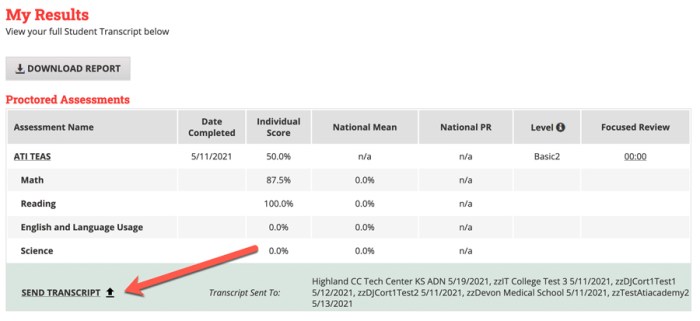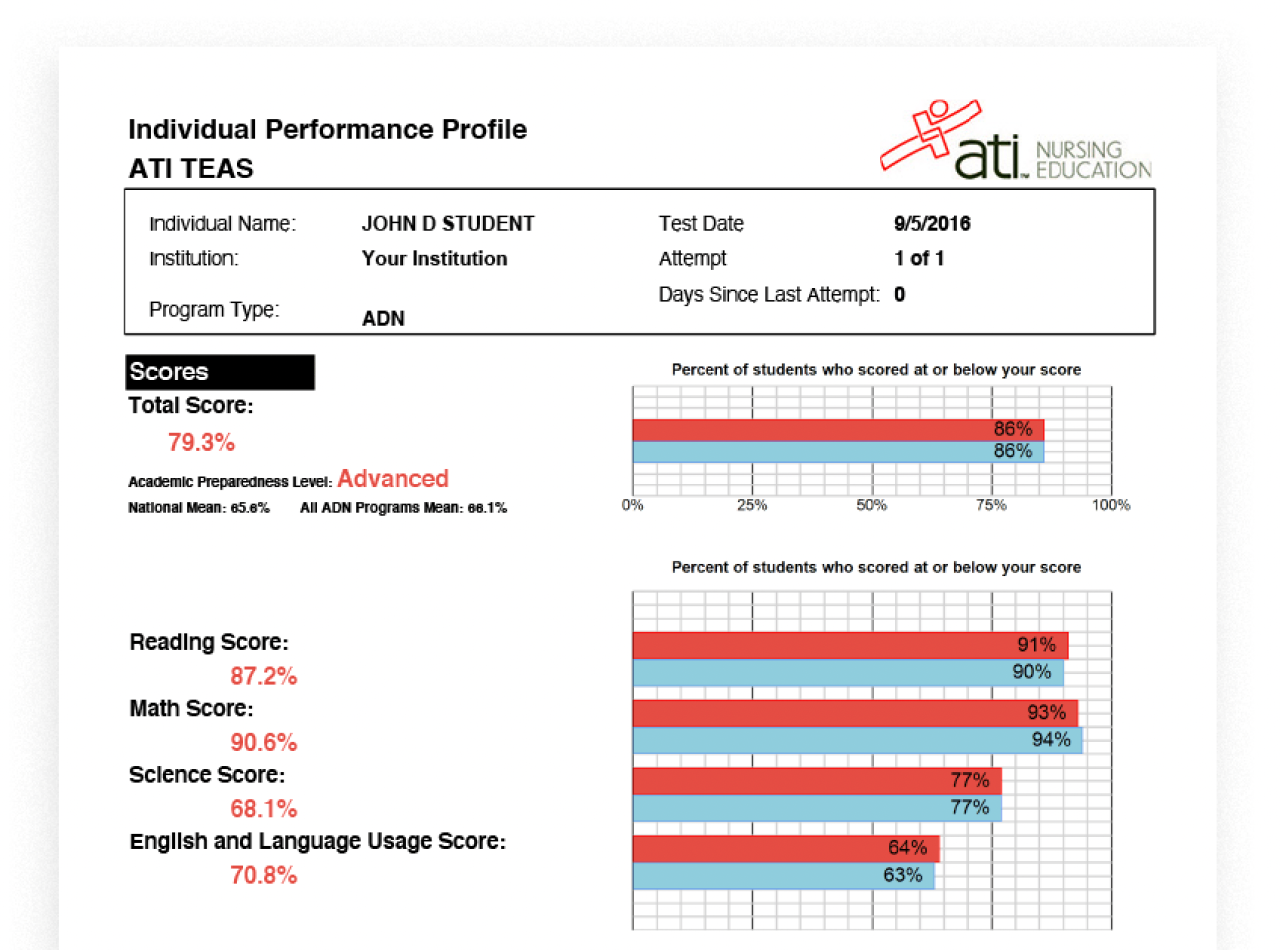The ATI Testing and Remediation Advanced Test is a comprehensive assessment designed to evaluate healthcare professionals’ knowledge and skills in advanced nursing practice. By delving into the test’s characteristics, preparation strategies, and remediation approaches, this article empowers nurses to navigate the Advanced Test with confidence and achieve their professional goals.
The ATI Testing and Remediation Advanced Test offers a rigorous evaluation of nurses’ critical thinking, problem-solving abilities, and clinical judgment. Understanding the test’s structure, content, and scoring system is crucial for effective preparation. Moreover, adopting evidence-based study methods, utilizing practice tests, and managing stress during the exam are essential for maximizing performance.
1. Advanced Test Characteristics

The ATI Testing and Remediation Advanced Test is a comprehensive assessment designed to evaluate the knowledge and skills of healthcare professionals. It covers a wide range of topics related to nursing practice, including medical-surgical nursing, maternal-newborn nursing, and pediatric nursing.
The test is divided into four sections:
- Medical-Surgical Nursing (50%)
- Maternal-Newborn Nursing (25%)
- Pediatric Nursing (25%)
- Professional Development (10%)
The test includes a variety of question types, including multiple-choice, true/false, and fill-in-the-blank. Test takers are given three hours to complete the exam.The ATI Testing and Remediation Advanced Test is scored on a scale of 0-100. A score of 75 or higher is considered passing.
The test results can be used to identify areas for improvement and to develop a plan for remediation.
2. Test Preparation Strategies

Effective test preparation for the ATI Testing and Remediation Advanced Test involves a combination of study methods and resources. One important strategy is to review the test blueprint and familiarize yourself with the content areas and question types that will be covered on the exam.Practice
tests and simulations are also valuable preparation tools. They allow you to test your knowledge and identify areas where you need additional study. When taking practice tests, it is important to simulate the actual testing environment as much as possible.
This means taking the test in a quiet location, without interruptions, and within the allotted time limit.Time management is crucial during the ATI Testing and Remediation Advanced Test. The test is timed, and it is important to pace yourself so that you have enough time to complete all of the questions.
One strategy is to break the test into smaller sections and allocate a specific amount of time to each section.Stress management is also important during the exam. It is natural to feel anxious before and during a test, but it is important to stay calm and focused.
Deep breathing exercises and positive self-talk can help to reduce stress and improve your performance.
3. Remediation Strategies: Ati Testing And Remediation Advanced Test

The ATI Testing and Remediation Advanced Test results can be used to identify areas for improvement. Once you have identified your areas of weakness, you can develop a plan for remediation.One strategy is to review the test blueprint and focus on studying the content areas where you scored the lowest.
You can also use practice tests and simulations to target your remediation efforts.Another strategy is to seek help from a tutor or instructor. A tutor can provide individualized instruction and support, and they can help you to develop a personalized remediation plan.It
is important to be patient and persistent during the remediation process. It may take time to improve your knowledge and skills, but with hard work and dedication, you can achieve your goals.
4. Case Studies and Examples
Case studies and examples can provide valuable insights into the test preparation and remediation process.One example is a study that evaluated the effectiveness of a test preparation program for the ATI Testing and Remediation Advanced Test. The study found that students who participated in the program significantly improved their scores on the exam.Another
example is a case study of a nurse who used a tutor to help her prepare for the ATI Testing and Remediation Advanced Test. The nurse was able to pass the exam on her second attempt after working with a tutor.These
examples demonstrate the importance of test preparation and remediation. By following the strategies Artikeld in this article, you can increase your chances of success on the ATI Testing and Remediation Advanced Test.
5. Advanced Features and Applications
The ATI Testing and Remediation Advanced Test offers a number of advanced features and applications.One feature is the ability to generate customized reports. These reports can be used to identify areas for improvement, track progress, and develop a plan for remediation.Another
feature is the ability to integrate the test with other ATI products and services. This allows you to access a comprehensive suite of resources for test preparation and remediation.The ATI Testing and Remediation Advanced Test is a valuable tool for healthcare professionals who want to improve their knowledge and skills.
By using the test and the associated resources, you can achieve your career goals and provide the best possible care for your patients.
Frequently Asked Questions
What is the purpose of the ATI Testing and Remediation Advanced Test?
The ATI Testing and Remediation Advanced Test assesses healthcare professionals’ knowledge and skills in advanced nursing practice.
How can I prepare effectively for the Advanced Test?
Effective preparation involves utilizing evidence-based study methods, taking practice tests, and managing stress during the exam.
What are the benefits of remediation after taking the Advanced Test?
Remediation helps identify areas for improvement and develop targeted plans to enhance clinical practice.